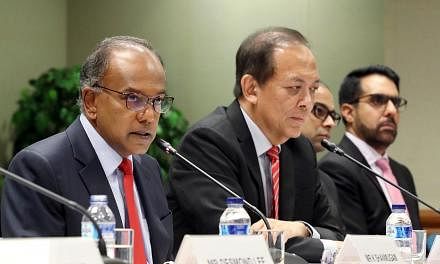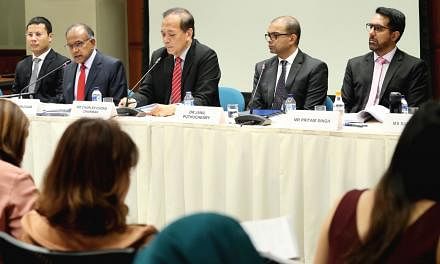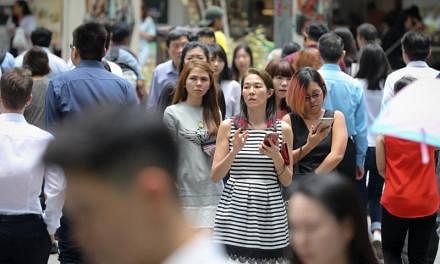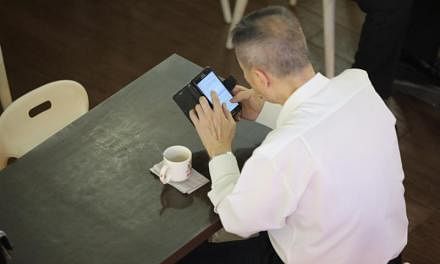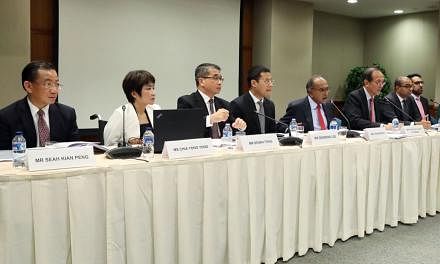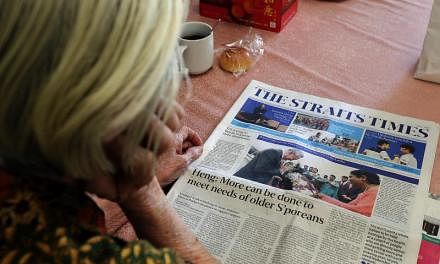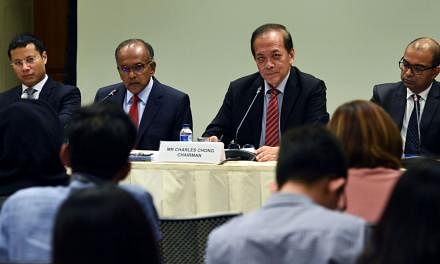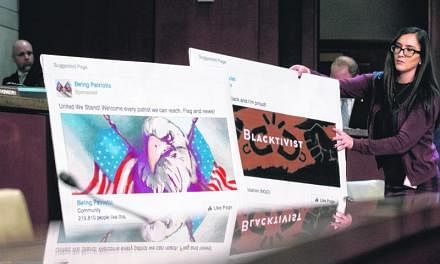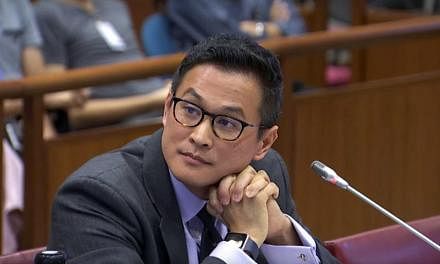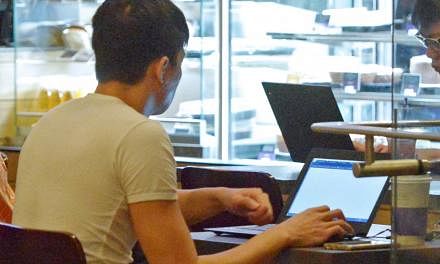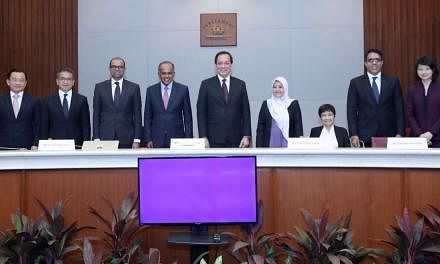SINGAPORE - A calibrated approach is needed to tackle online falsehoods, to address concerns that countermeasures may impinge on freedom of speech, the Select Committee on Deliberate Online Falsehoods said in a report released on Thursday (Sept 20).
In a 176-page document, the committee set out its findings from 170 written submissions and eight days of public hearings earlier this year.
These included its views on whether the right to free speech protects falsehoods, and if legal action would have a "chilling effect" on speech - meaning it could deter more than false speech.
Measures to combat online falsehoods do not necessarily oppose freedom of speech and, in fact, serve the same ideals, the committee said in its report.
"Online falsehoods harm democracy and the genuine contestation of ideas in the 'marketplace'; the latter is what the freedom of speech serves to protect," it said, adding that no representor gave a convincing reason why falsehoods should be protected by the right to freedom of speech.
Noting the range of views on free speech and the impact that countermeasures could have on it, the committee set out its stance on four fronts.
First, it said it found useful the arguments of representors, including constitutional law professor Thio Li-Ann, on how online falsehoods harm democracy and are not worthy of protection.
This is because falsehoods crowd out reliable news and facts, diverting attention from substantive issues. They also polarise and divide, "undermine the process by which citizens engage in public discourse", and could discourage people from engaging in civic life, among other effects.
Second, despite suggestions that it could be difficult to define deliberate online falsehoods, potentially leading to unfair censorship, representors such as Associate Professor Alton Chua from Nanyang Technological University explained that this can be done using verifiable data.
Courts, too, regularly have to determine whether a statement of fact is false, Dr Thio told the committee.
Third, even though there are concerns that laws targeting false statements may deter more than false speech, the committee cautioned "circumspection" in assessing the extent of a chilling effect.
Online media platform Mothership, for example, testified that it did not see a drop in traffic, or contributions, comments and engagement as a result of being covered by the Broadcasting Act licensing regime, the committee said.
Lastly, responding to concerns that laws against online falsehoods would undermine people's ability to think critically, the committee said a different view was given by representors who saw legal action as complementary to media literacy education.
"The Committee agrees that legislation is complementary to the fostering of critical thinking," it said, citing the examples of Ukraine and the Czech Republic.
Both countered foreign disinformation with an approach that combined legal tools to challenge their sources and a push to improve media literacy and critical thinking.


